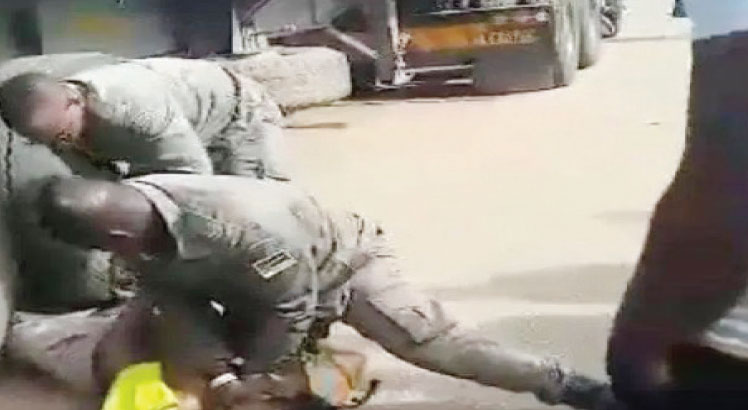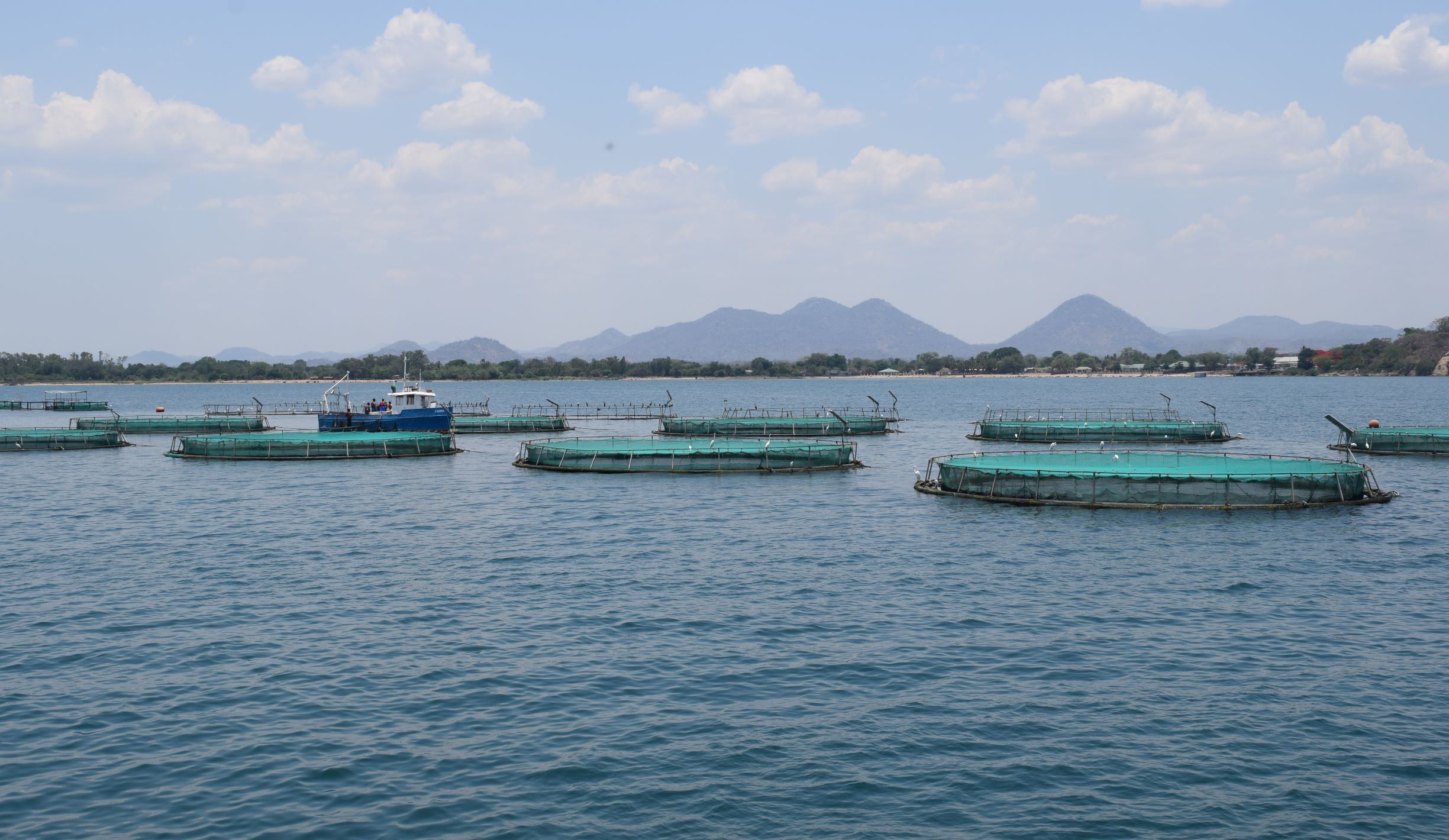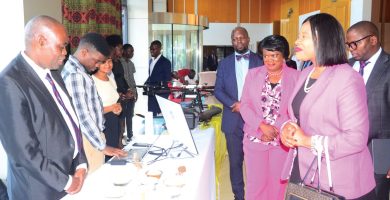Malawi and Mozambique discuss trans-border challenges
Malawi and Mozambique have agreed to strengthen their bilateral relationship at the grassroots.
The agreement was made yesterday during a joint technical meeting which attracted technocrats from departments of international affairs, defence, police as well as local government from the two countries.
Speaking during the opening of the border re-affirmation and other trans-border issues meeting at Nkopola Lodge in Mangochi, Malawi Foreign Affairs Principal Secretary Benard Sande said while the bilateral relationship between the two government is strong, that is not the case at the grassroots.
‘‘At the grassroots, there is a problem and our idea is that such a good bilateral relationship should go down there so that people interact freely and go about their livelihoods without any difficulties,’’ he said.

The meeting follows incidences in Mangochi where it was recently reported that some farmers in Makanjira were prevented from farming on their land.
But Sande said the agreements between the two countries in 2018 resolved that livelihood as well as settlements in the area of border reaffirmation should not be disturbed by either country until the exercise was completed.
‘‘The problem in Makanjira arose because of border reaffirmation which found some Malawians to be in the Mozambican territory.
“As a result, people in the area were in December last year prevented from accessing the land on the Mozambican side,’’ he said.
In his remarks, Director of National Institute for Sea and Land Boundaries for Mozambique, Armando Chavana, said his government is ready to cooperate in resolving challenges that communities in Makanjira are facing concerning the boundary territory.
‘‘We are aware about the reports where some communities in Makanjira have concerns regarding farming issues between territories of the two nations, and we are here to sort out such problems,’’ he said.
Apart from the issue of border reaffirmation, the meeting also centred on problems that Malawians face when they move on some Mozambican routes, particularly in Tete and Nyasa provinces.
This was triggered recently by an incident at Zobue where a Malawian truck driver was assaulted, and this is just one among many problems that Malawians face when using Mozambican routes.
Added Chavana: “On the issue of truck drivers who face challenges on some of our routes, we will go back to sensitise the police of the Republic of Mozambique to act peacefully with their brothers from the side of Malawi.”





